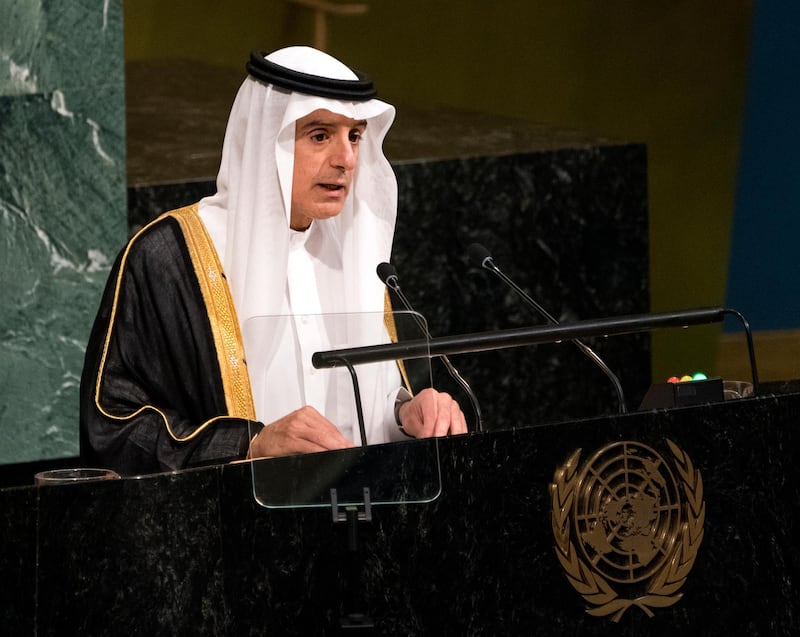The General Debate of the United Nations General Assembly (UNGA) is often the most high-profile moment of each annual session.
It is an opportunity for heads of states to speak to the international community, and is one of the most public arenas for diplomacy.
The debate is governed by a complex series of conventions and bylaws, controlling everything from the length of speeches (in theory a maximum of 15 minutes, but that rule is often broken) to preventing delegations from congratulating each other on their speeches afterwards.
The order of the General Debate
First, the General Debate is called to order by the President of the General Assembly, which this year is Csaba Kőrösi. Then, the UN Secretary-General, currently Antonio Guterres, introduces the “Report of the Secretary-General on the work of the Organisation”, after which the president will make a speech and open the debate.
Since the 10th UNGA in 1955, Brazil has been the first country to speak first. This is because in the earliest General Assemblies no country wanted to speak first, except Brazil. Since then Brazil has always held the first slot, now a coveted position because of the opportunity to set the tone for the debate.
As the host country, the United States is the second country to speak.
Following the United States and Brazil, the order of speakers becomes slightly more political. It is based on the level of representation — the importance of the speaker sent by that country — individual preference and other factors such as an even spread of geographical balance.
This means if a country sends a Head of State to the General Debate they are likely to speak sooner than a country that sends a lower-level representative. It also means regions will likely be spread throughout the week, and potentially awkward clashes can be avoided — for example both Koreas speaking on the same day.
As “non-member observer states” — entities recognised by the UN, but not as full member states — the Vatican, the European Union, and the State of Palestine, are invited to participate in the debate, and their order of speaking is determined by their level of representation.
___________
Read more:
Everything you need to know about the 77th Session of the General Assembly






